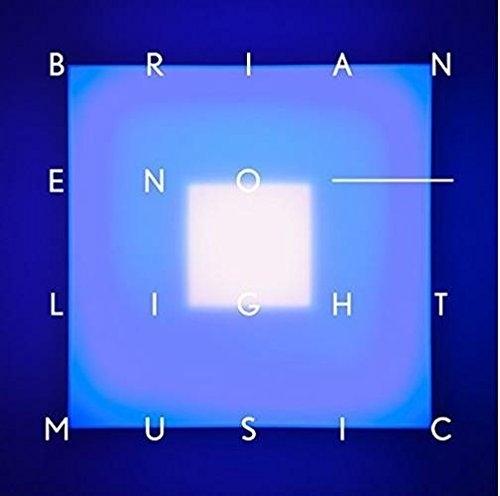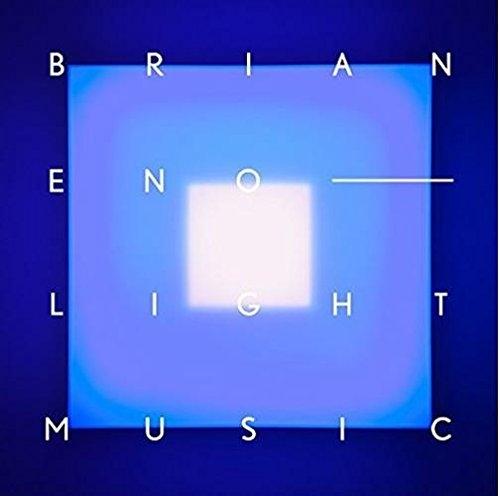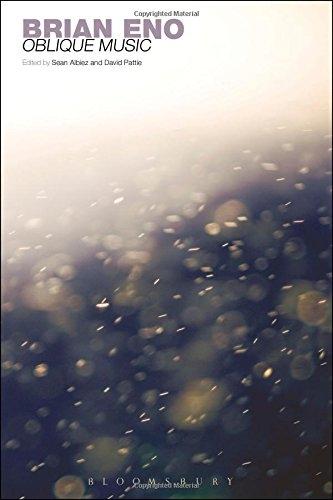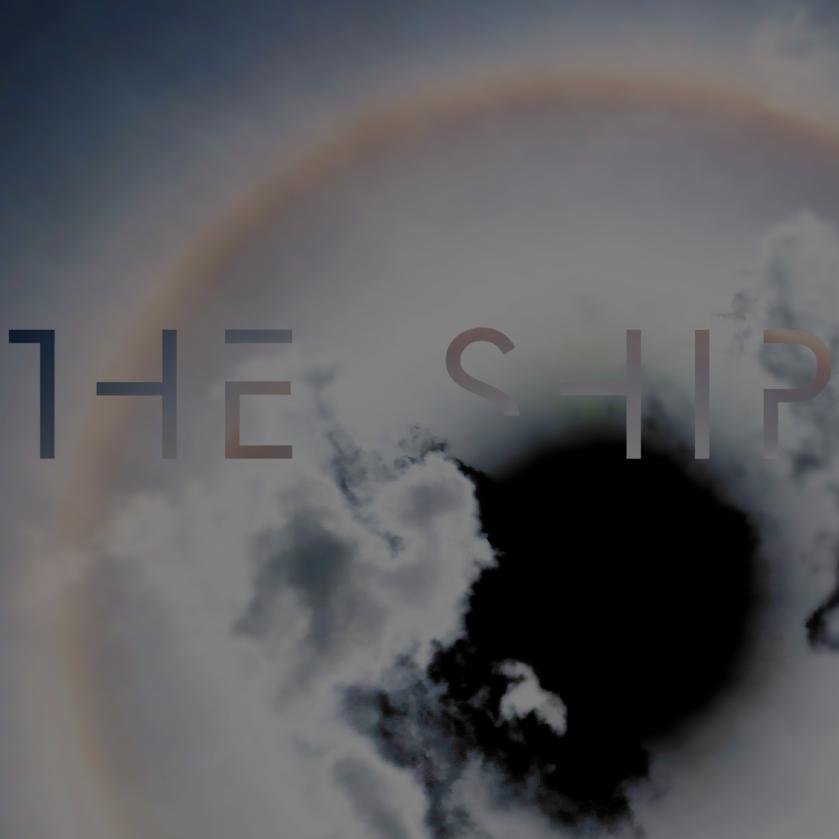mono.kultur 34 “Brian Eno”
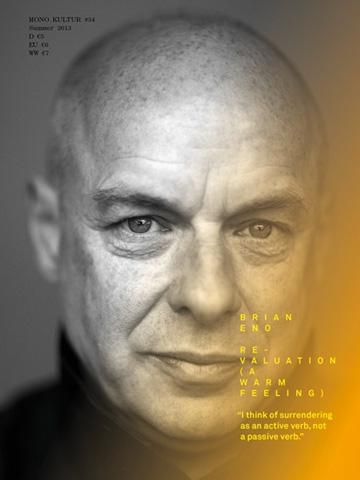
Chances are that you will be far more familiar with Brian Eno and his work than you might realise. Whether you know him as a founding member of the influential 1970s art-rock outfit Roxy Music or for the invention of ambient music, Eno has actually released no less than 25 solo albums and contributed to countless projects and collaborations, but also left his fingerprints on dozens of seminal albums as a producer, composed several film scores not to mention the start-up theme for Microsofts Windows 95 all of which is to say that it is hard to not be in earshot of his musical influence in one way or another.
Whats more, Enos activities and ideas have spread beyond music and into visual arts, writing, teaching, political activism and even app design the diversity of which illustrate above all else his nature as a true polymath, driven by a seemingly unbounded energy and a deep curiosity for the world around us.
The Brian Eno of today a cultural figurehead, famed for his prolific cultural output and maverick intellect seems a world away from the flamboyantly dressed figure who became a defining part of the onstage aesthetic of Roxy Music in the early 70s, clad in leopard prints, peacock feathers and exquisitely applied mascara. But Enos role as band technician, mixer and synth wizard not only helped Roxy Musics newfangled glam rock sound become a solid part of British music history, but anticipated a pivotal function in modern music: that of the producer and sonic engineer.
It was upon leaving the band in 1973, however, that Eno really began to explore his interest in technical and cultural innovation and the application of experimental philosophies to pop music. Quick to embark on solo projects, he released a series of critically acclaimed albums, celebrated for their originality, and became the pioneer of what he termed ambient music, starting with his 1975 record Discreet Music, followed by the seminal John Cale, Talking Heads and U2 with whom he worked on The Joshua Tree and Achtung Baby, among many others. Maybe unsurprisingly, Eno has since become one of the most sought-after producers in the industry, working on prominent records with, for example, Grace Jones, Coldplay, Depeche Mode and, most recently, James Blake. With a chameleon-like ability to adapt to a musicians idiosyncrasies and a knack for consistently keeping ahead of the times in the face of significant technological change, Eno has developed a body of work that is as eclectic as it is extensive.
But far from becoming jaded by fame and high demand, Eno has always maintained his warm, humble and philosophical approach to music, shaped by his belief in the powerful ability of sound to affect our mood, perception and social interactions.
This belief applies not just to music, but to art in general. It is easy to overlook Enos visual art practice in light of his vast array of music projects, but his audio-visual pieces, such as 77 Million Paintings, perhaps illustrate his unique stamp most clearly. These installations of rotating flat screens generate unlimited combinations of patterns, colours and soundscapes, reflecting his interest in the emotional effects of music and art on individuals and culture at large. At the core of this lies an earnest fascination with human nature and our interaction with our environment. Eno further explored this interplay in a number of site-specific works, including a recent commission by a hospital in Brighton to create a healing environment using sound and light.
At 65 and sought out by surgeons and academics alike, Brian Eno clearly has plenty of wisdom to share, and has become somewhat of a father figure to a generation of young musicians and artists who turn to him for inspiration and advice. So, when the opportunity presented itself to have one of his daughters, Irial Eno, talk to him about the effects of time, technology and music from a very personal viewpoint, it seemed to reflect this typically Eno-esque fashion of approaching familiar issues from an unusual perspective that feels so effortless and yet so substantial.
Out of stock
Out of stock

